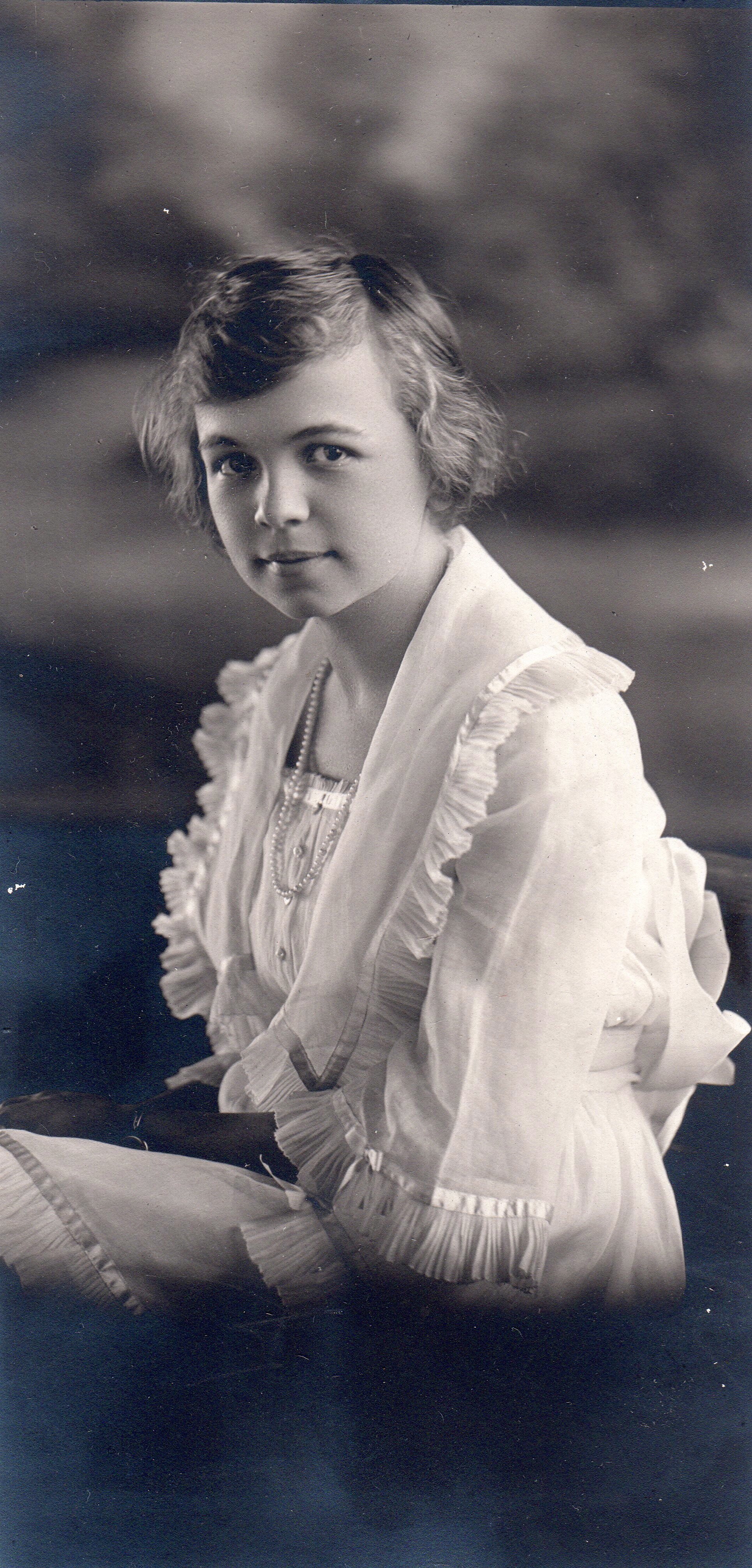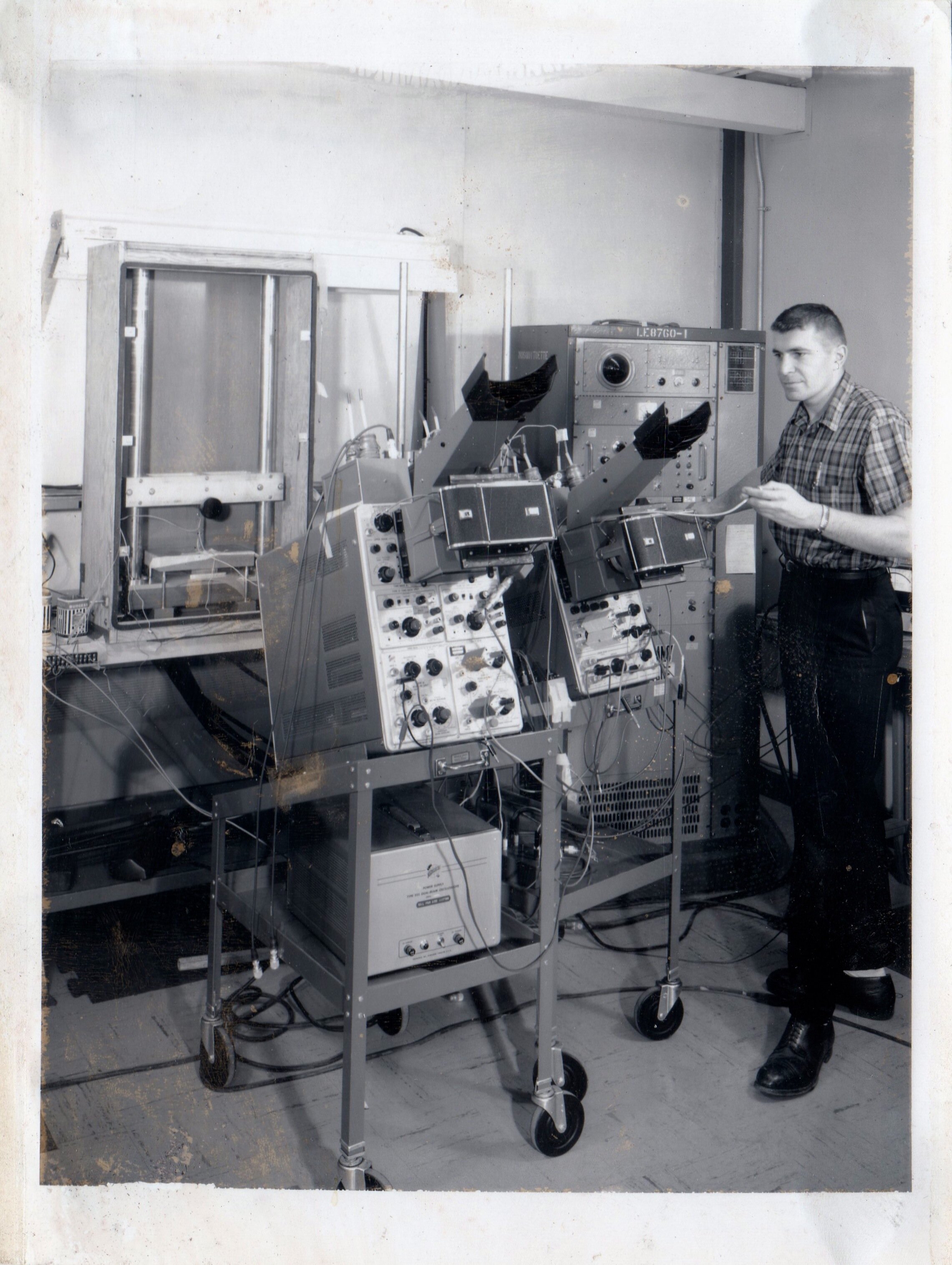How to Interview Your Parents to Save Their Stories
When I interview people to write their books, it’s always exciting to uncover stories or details of stories that their family had never heard before. It helps that I’m not a family member.
HOWEVER, it doesn’t mean you can’t have a GREAT interview with a family member! Here are some tips for how to interview parents or grandparents (or other relatives) in order to draw out some amazing life stories.
Parent Censoring
First off, it helps to be aware that parents naturally tend to censor stories told to their children, even when those children become adults. Why? A lot of this censoring is done unconsciously. It could be that the parents felt the story was “too adult” to tell a child and now the omissions are habitual. Or they want to remain an authority figure or a hero in their children’s eyes. The stories could elicit challenging emotions that might make them feel vulnerable or of a lower status. Even if caretaker roles have changed in adulthood, it used to be the parents’ job to take care of and protect their children. That doesn’t go away overnight.
There are also social influences on each generation that affect the narrative. And family culture. Depression era babies—especially women—were often raised to believe that talking about themselves was “boastful” and wrong. Men were often taught that expressing emotion was “weak.” Overcoming these early childhood beliefs takes strategy and, if appropriate, a frank conversation.
Here are some tips for interviewing your parents or grandparents in order to get their life stories down on paper.
Preparation or Launch Right in?
Ask your parent/grandparent if they would be more comfortable preparing notes for the interview or just starting a conversation. Let them dictate that. If they want to prepare, ask them if it would be more useful for them to have an outline of the phases of life you will cover or to have questions to look at ahead of time. Or both. Give them time to prep before you start. But give them a deadline for when the first interview will occur. We all need deadlines!
If they are hesitant to do this in the first place, don’t give them any prep. Just tell them you’re just going to have a fun conversation recalling memories.
Equipment Ready
Have your recorder ready and test it before you start. You want to make sure that you can hear the interview well for transcription and that your technology will not fail you.
I recommend just downloading a good recording app on your smart phone, because you can put it on a coffee or kitchen table near your parent and they might forget they are being recorded. You can use a Lavaliere and professional recording devices, but that does sometimes create self-consciousness.
Questions Ready
Come prepared for the interview. Definitely bring a notepad or journal or paper on a clipboard and a pen. Also, have your questions or phases of life written down so you can refer to them if needed. You might consider asking siblings and other relatives what their favorite stories are or what they would like to hear about before the interview and add that to your notes. Check out questions at StoryCorps! (I love their work!)
A Cozy Place & a Cup of Tea
You want to put your interviewee at ease. Interview them at their home in a comfortable place. Other people and ambient noise can distract. Bring some treats and prepare coffee or tea or glasses of water or other beverages. Chat a little bit as you sit down.
(Even through Zoom, get cozy and get a beverage before starting.)
Ease of Topic
Let them know that they don’t have to talk about anything they don’t want to and that they have a chance to review the material before publication. But, if you think it will be helpful with your parent, also be frank that you’re hoping they will forget you are their child and really talk about their life openly, the good, the bad, the ugly.
One Parent at a Time
If interviewing two parents, I highly recommend interviewing them one at a time. The other shouldn’t be in the room. One parent might interrupt or correct the other. This is natural. You can have 20 people experiencing the same moment, and they will all have a different perspective and a different take on the experience. There’s no wrong answer when it comes to emotional truth.
Start with Facts
Start with easy to answer questions to get them started. When were you born and where?
What was the nature of your birth? Any stories around it? Any stories about your name?
How old were your parents when they had you? What were they doing at that time? Where did they meet?
All you want to do at first is just get them started talking. Again, you are putting them at ease before delving into emotional, reflective and sensory detail-oriented questions.
Tapping into Sensory Detail
After you have eased into the conversation and memories and stories are starting to flow, you might ask them to describe their most remembered childhood home. This is the setting for that early part of the story and taps into sensory memories. We often have memories associated to places. This might help “unlock” old memories.
Then you can get into earliest memories, routines as a child what it was like for them growing up, etc.
Living History
As you go through the interview, make sure to ask them about their experience of major world events, where they were when they heard about Pearl Harbor, when Martin Luther King Jr. was shot, when JFK was shot, when the first men landed on the moon, etc. You have the opportunity to personify history for future generations!
Emotions and Reflections
When dealing with emotional topics or when asking for deeper reflection, make sure to give them time and space to answer. Listen actively and follow up with reflection questions to deepen the narrative. “What was that like for you?” “How did you respond?” “What do you think about that now, looking back?”
If your parent is having a hard time finding the emotional vocabulary to describe their feelings (older generations often weren’t taught emotional vocabulary), it’s okay to prompt them AFTER giving them a chance to think about it and answer. “That sounds scary.” or “That sounds exciting. Were you excited?” Even if the parent simply replies, “Yes,” you can incorporate their response into the final narrative.
Keep the Interview Short
Bringing back memories, especially emotional ones, can be tiring. Be sure to watch your interviewee and judge how long you can go with your interview. I suggest an hour, maybe an hour and a half per interview. Sometimes people can go two hours, but that’s a long time for this type of activity. For you as an active listener, too!
Be an Active Listener
Throughout your interview, focus on your interviewee and be an active listener! Try not to interrupt their flow of their thoughts too much. But do write down notes when there is a topic or question that you want to come back to. At the conclusion of a story (or toward the end of the interview or during a natural break) you can ask for more details, clarifications and the spelling of names.
The best interviews are both organized and organic. You have your outline and know what you want to cover, but don’t be afraid to deviate from that outline. If your parent goes off on an interesting train of thought, ask them more about that before returning to your questions.
Note about Narrators
We’re all built differently. Some narrators tell their life stories in a linear fashion, others tend to tell it in clusters, usually around relationships. Others organize their thoughts even in different ways than that. Try not to get frustrated with your narrator. Instead, listen for those patterns so that you better understand them and can better facilitate the next interview. Some narrators are very adept at reflection, others are not trained in it and will avoid it.
Pay attention. If the way you’re conducting the interview or the questions you’ve started with are not eliciting responses, if it’s not working, try something else. Start with later in their life, something they’re more comfortable with, whether it’s parenthood or work or
Their first car or something else.
And if it doesn’t work at all, consider the possibility of bringing in a professional or friend to do the interview.
Save the Recording
Make sure that you save the recording of the interview right away. Right after the interview. Back it up. Then, send it in for transcription right away when you get home.
Concluding the Interview
Make sure to thank your interviewee and assure them that it’s going well. Set up the next date and time to talk. Chat a little, wash your tea cups and ask them how they felt about the interview.
Don’t worry if you didn’t get it all the first time! Come with follow-up questions to start the next interview. Or wait until you have transcribed the interviews and then ask them questions to fill in the narrative. (For a little about transcription, read the blog: Say It Out Loud! I’ll add more about transcription in a future blog.)
You’re on your way to saving the life stories of someone you love!
Purchase your legacy directly on our website or contact us for a free consultation to figure out the best services for you!











